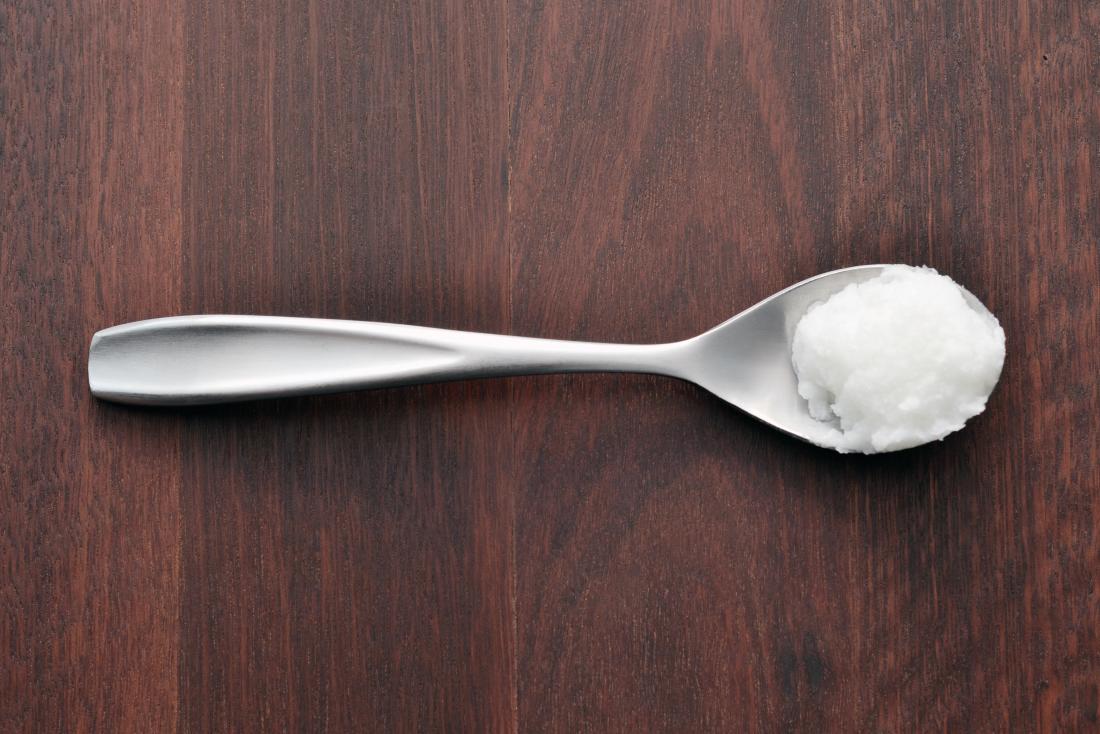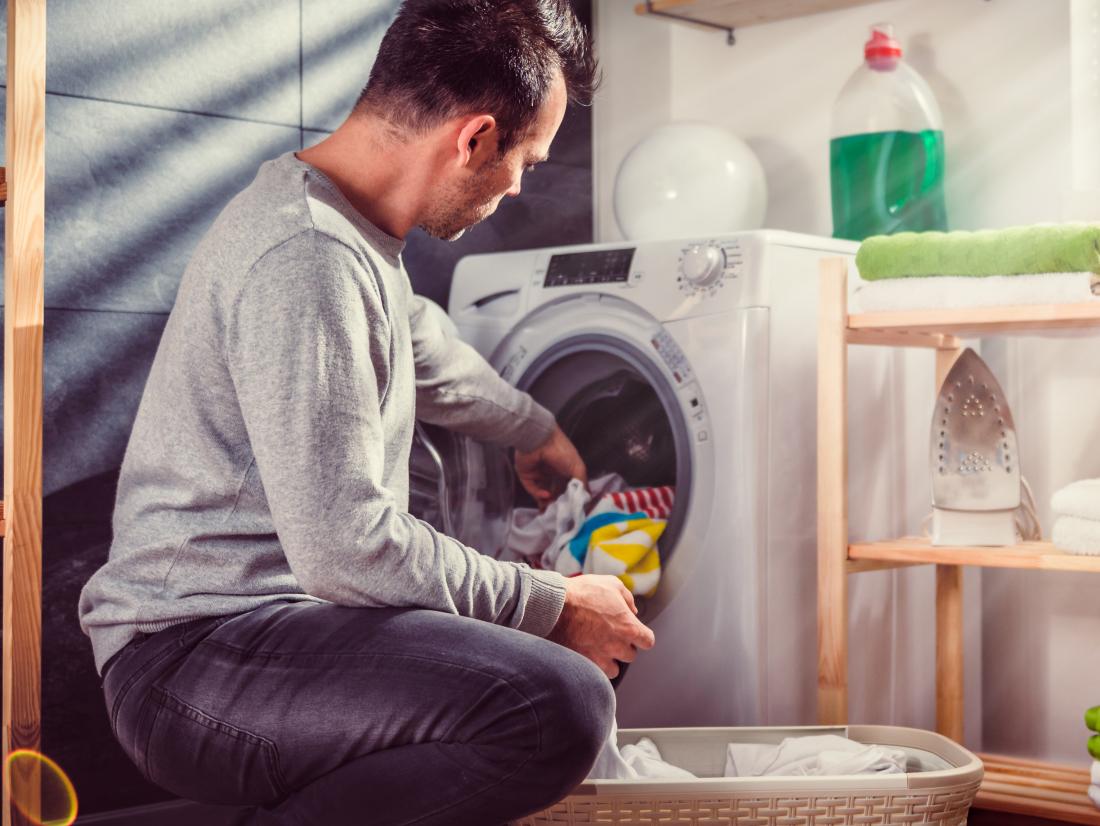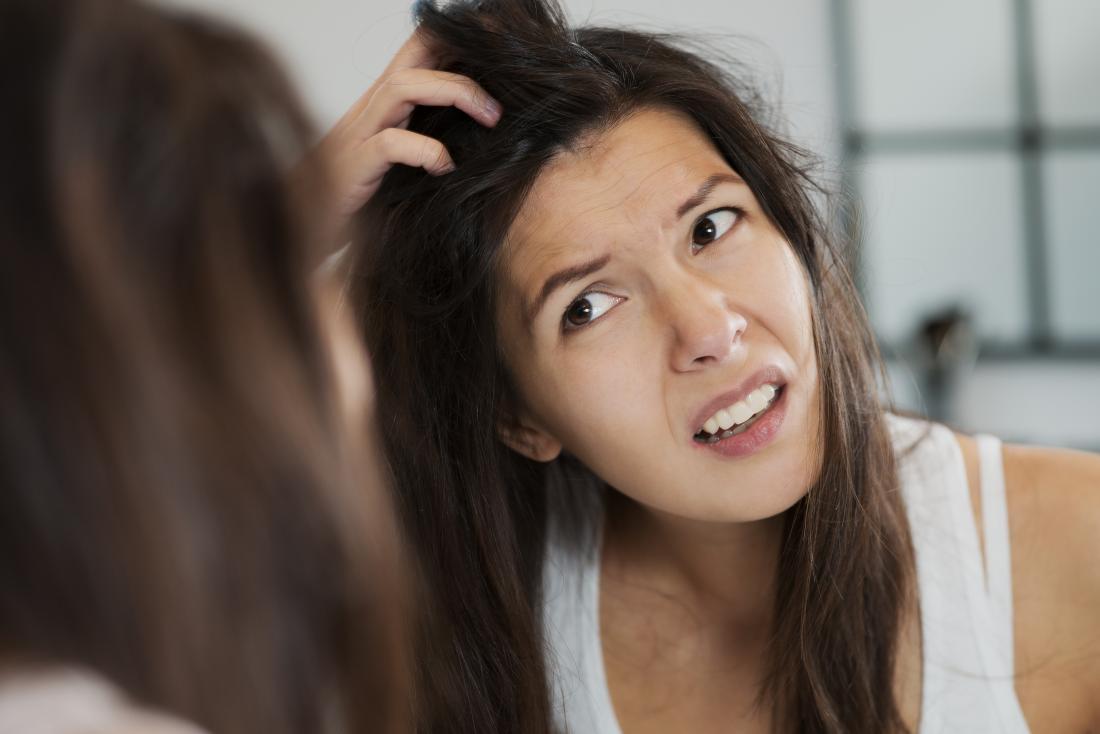Research into many of these remedies has produced inconclusive results. Scientists have frequently found that home remedies for lice do not work and may not meet safety standards.
It is important for people considering these remedies to speak with a doctor, review the evidence, and weigh up the benefits and risks of at-home treatment.
Although doctors continue to debate the effects of home remedies for lice, they agree that a person can take nonmedical measures to reduce the spread of lice and prevent them from returning.
6 home remedies for lice
Lice can infest pubic hair, eyelashes, eyebrows, and the hair on the head.
Lice are tiny insects that feed on human blood. Adult lice measure 2–3 millimeters in length and lay their eggs on hair, close to the skin.
They can infest pubic hair, eyelashes, and eyebrows, though they most commonly live in the hair on the head.
As lice lay eggs that hatch quickly, an infestation can build up rapidly. Killing lice requires the elimination of both the insects and their eggs. If a person uses a treatment that does not kill the eggs, they will need to repeat it once the eggs have hatched.
Many people believe that home remedies can kill lice, eggs, or both. Below, learn about these remedies, as well as when to seek medical treatment and how to prevent lice from spreading.
1. Anise oil
Anise oil may coat and suffocate lice. A 2018 study of natural remedies for lice in children found that anise oil was one of the most effective natural remedies.
Although other natural remedies were frequently effective, anise oil was one of just two that permanently eliminated lice. People who used other herbal remedies typically reported reinfestations within a couple of months.
People looking to purchase anise oil can find it in health food stores and online.
2. Olive oil
Olive oil offers similar benefits to anise oil, potentially suffocating lice and preventing them from coming back. Like anise oil, it ranked among the most effective remedies in the same 2018 study. People who want a highly effective home remedy should consider using olive oil and anise oil together.
Olive oil may have other benefits for the hair and scalp. Learn more here.
Olive oil is available to purchase in many grocery stores and online.
3. Coconut oil

Coconut oil is a common treatment for people with dry skin and hair.
Coconut oil is a popular treatment for dry skin and hair.
The researchers behind a 2010 study in Brazil explored the effects of several natural head lice remedies and compared the results with those of over-the-counter (OTC) treatments.
Of the tested remedies, the team found that pure coconut oil was the only effective treatment. Within 4 hours of applying the oil, an average of 80% of the head lice were dead.
The two most effective medicated shampoos killed 97.9% and 90.2% of lice in the same period.
People can purchase coconut oil in many health food stores and online.
4. Tea tree oil
Tea tree oil is a popular home remedy for many skin conditions because of its antimicrobial properties.
In a 2010 study, researchers measured the effects of a tea tree and lavender oil blend on head lice in 42 people. After three treatments at weekly intervals, 41of the participants no longer had head lice. This success rate is comparable to that of many prescription and OTC treatments.
However, other research assessing tea tree oil as a treatment for head lice has found the remedy to be less effective. Also, tea tree oil can sometimes irritate the skin and may cause a rash or itchiness.
Learn more about the potential health benefits of tea tree oil here. This product is available for purchase in some pharmacies, health food stores, and online.
5. Petroleum jelly
Petroleum jelly may kill lice by suffocating the insects and possibly their eggs.
Petroleum jelly can be greasy and messy, and removing it may require repeated washings. However, for people with treatment-resistant lice or an allergy to lice shampoos, it may be an effective option.
Petroleum jelly is available for purchase in drugstores and online.
6. Mayonnaise
The United States version of the television series “The Office” may have popularized the use of mayonnaise to treat lice.
Proponents claim that mayonnaise smothers lice and makes it easier for a person to comb them from the hair. Some people also say that mayonnaise can ease the itching and scalp irritation that lice cause.
There is no evidence that mayonnaise can kill or treat lice. While this home remedy is probably harmless, it is likely to be messy and inconvenient.
Other remedies
Herbalists and supporters of natural remedies argue that a wide range of products, including garlic, thyme oil, and sesame oil, can treat head lice. However, there is little if any scientific evidence to support their effectiveness.
Research has shown that garlic has few benefits as a treatment for a lice infestation. While thyme and sesame oils led to some improvements initially, people who used them often saw the infestation resurge. Anise and coconut oils worked better as head lice treatments.
Do home remedies work?
Research into the effectiveness of home remedies for lice is ongoing. Emerging data suggest that some home remedies, such as coconut oil or anise oil, may be effective. However, the available data are not conclusive.
Overall, existing research does not confirm that home remedies do not work. Instead, it points to the importance of further studies.
A major concern about home remedies is that they may not permanently eliminate lice. A study of numerous natural remedies found that in most cases, lice infestations returned within 2–8 weeks of treatment.
When to use medical treatments
The Centers for Disease Control and Prevention (CDC) recommend that people with active lice infestations use medical treatments. Lice can reproduce quickly, and infestations can be itchy and painful.
If a lice infestation is very mild, a person may wish to try a home remedy first. However, if a rash or reaction develops or if the lice reappear, it is best to try an OTC lice shampoo instead. If this is not effective, a doctor can prescribe a more powerful medication.
Prevention

A person can help reduce the spread of lice by washing all the fabrics they have used in the last 2 days.
A person can take steps to prevent the spread of lice and reduce the risk of reinfestation.
They can try the following:
- Using machines to wash and dry bedding, clothing, and other fabrics that a person with lice has used in the 2 days before treatment. Washing at a temperature above 130 °F will generally kill the insects. Alternately, try sealing the fabrics in plastic bags for 2 weeks.
- Soaking combs, brushes, and other hair care items in hot water for 5–10 minutes.
- Vacuuming the furniture, floor, and other surfaces that may contain lice or their eggs. Lice die quickly when they are not on a person, so there is no need to pay for expensive deep cleaning services.
- Avoiding sharing brushes or combs.
- Discouraging children from playing with one another’s hair, sharing pillowcases, or rubbing their heads together, especially if there has been a recent lice outbreak at their school.
It is important to refrain from using fumigant sprays, which are not necessary to eliminate lice and can be dangerous.
Summary
Lice are highly contagious, and anyone can get them. Having lice does not mean that a person has bad hygiene or is otherwise unhealthy.
Lice are not typically dangerous, but an infestation can be uncomfortable, and because they are so contagious, prompt treatment is essential.
A doctor or another healthcare professional can help guide treatment decisions. A person with a weak immune system, a history of serious skin reactions, or previous experience with treatment-resistant lice should talk to a healthcare professional before treating a lice infestation.
We picked linked items based on the quality of products, and list the pros and cons of each to help you determine which will work best for you. We partner with some of the companies that sell these products, which means Healthline UK and our partners may receive a portion of revenues if you make a purchase using a link(s) above.
